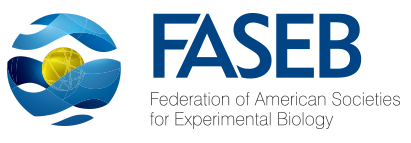 |

Program
The meeting’s main themes are: 1) Explore how eukaryotic and prokaryotic chromosomes recombine, and consequences for the cell when recombination fails or causes chromosome rearrangements; 2) Determine how recombination and other double-strand break repair pathways are integrated with progression through cell division cycles and with other chromosomal processes, such as transcription and replication; 3) Develop new approaches to studying recombination and its relation to human syndromes with propensity to cancer, premature aging, immune dysfunction, and neurological degeneration.Conference sessions will present the latest research and foster discussion on:
- The molecular mechanisms behind each step in the recombination reaction
- Genome rearrangements that occur during the development of cancer
- Telomere dynamics
- Meiotic recombination
- Repair of DNA damage associated with replication
- The influence of chromatin structure on recombination
- Recombination and cell cycle checkpoints
The conference will feature an opening overview/keynote session, eight plenary sessions, three poster sessions, two concurrent career development workshops aimed at students/postdocs and at junior faculty, and two “Meet the Expert” sessions. 10-15 oral presentation slots (up to 25 percent of the program) will be filled from submitted abstracts and there will be four sessions for short poster talks.
